"I'm learning with you." These words need to be said more.
At Youth for Christ, we focus on mentoring youth in schools, the YMCA, and the juvenile detention center. We are invested in relationships with young people often in need of counsel, godly wisdom, life skills, and hope.
Yet while we seek to provide direction in the lives of youth, it is imperative that we maintain a humble posture. Our youth have much to teach us as staff and volunteers.
Listening to their experiences creates empathy. Hearing their perspectives alert us to sociological factors and our own blind spots. Observing their fixation with social media gives clarity to their connections. Seeing their resolve in the face of adversity inspires and informs. Absorbing their pain instills a capacity to love.
"I'm learning with you" needs to be said more.
A flawed view of mentoring constructs a "giver-receiver" dynamic. The "giver" believes their responsibility is solely centered upon providing help and knowledge. They do most of the talking. They only ask questions to set up the next point of emphasis. It does not occur to them that he or she might actually be able to learn from the mentee. This can be harmful in multiple ways.
For one, the mentor misses an opportunity to learn from the mentee. A chance to grow in understanding, awareness, knowledge, and love is bypassed.
Secondly, such mentoring relationships often create a disconnect between the mentor and mentee. We all tend to respond better to individuals who ask great questions and listen well. When this is missing and we are essentially forced to listen, we often shut down and grow exhausted, particularly if there are age, race, and sociological differences. "They do not really understand me..." is a common feeling from mentees in such relationships.
Lastly, a mentoring relationship built on the "giver-receiver" dynamic often becomes more about the "giver" than the "receiver." The "giver" wants to feel good about the knowledge shared, about being a "positive role model." He or she wants to feel like their insight is really received and applied. The foundation of the relationship is upon the mentor's self-worth.
We need a higher standard when it comes to mentoring.
"I'm learning with you" is a short phrase that is helpful. We need to not only say that, but we also need to demonstrate it. We need to ask quality questions and listen intently. We need to set aside our agenda and get to know people. We need to see people not as "projects" to be fixed but as people made in the image of God with wonderful complexities. We all have such complexities.
After all, Jesus was known for asking questions. He modeled a posture of humility (Philippians 2:1-11). He did nothing out of selfish ambition. He counted others more significant than himself.
When we communicate "I'm learning with you" through our words and a Christlike demeanor, we will see walls come down and healthy mentoring take root. Both individuals will learn from and empower one another. Both individuals will feel understood and heard. Both individuals will experience God's loving presence.
In embracing this model with the youth we serve, we will see hearts soften and relationships deepen. This has happened most effectively through staff and volunteers who take this Christ-centered approach of listening, learning, and discerning how and when to best counsel.
We all need grace here. Our approach is so often misguided. May Christ redeem our unhealthy habits and fill us with the goodness of who He is as we minister to others.


